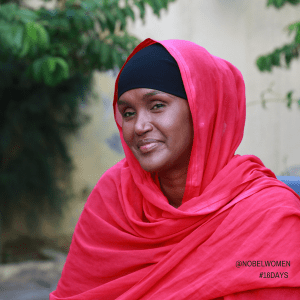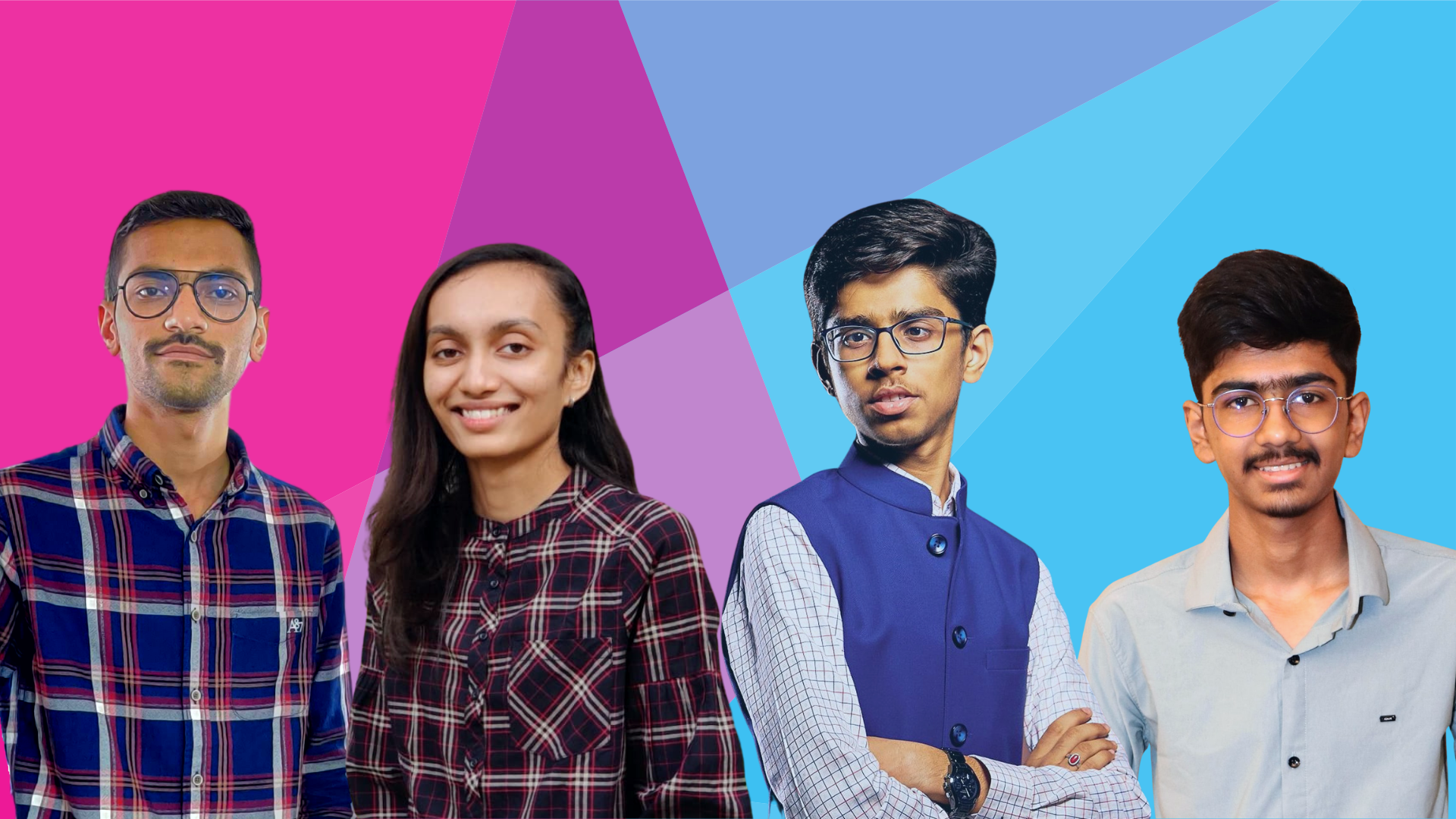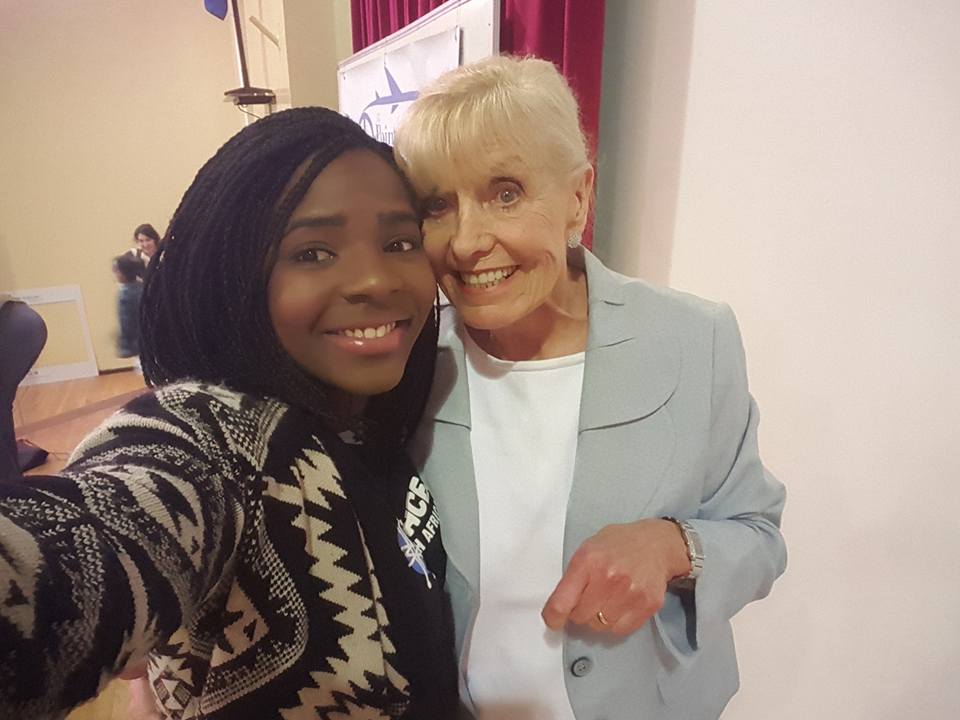Activist Spotlight

Our Partners at the Nobel Women’s Initiative are working with amazing women around the world. We’d like to introduce you to them.
(Originally posted on http://nobelwomensinitiative.org)
MEET FARTUUN ADAN, SOMALIA
“In Somalia, I want to see peace. I want to see justice. I want to see a rule of law and good policy for women and their rights. I want protection for women to be taken seriously, and I want to see this in my lifetime.”
Fartuun Adan grew up in Somalia and lived there through the war until 1999 when she migrated to Canada with her children. In 2007 she returned to honour her late husband’s memory by starting theElman Peace and Human Rights Centerand later,Sister Somalia, Mogadishu’s first rape crisis center.
In 2007, you moved back to Somalia after living in Canada. What made you go back?
I always wanted to go back. It was something I was always thinking about, but at the time my girls were very young, and I couldn’t leave. By 2007 they were grown and could take care of themselves. I wanted to go back to honour the work my late husband had been doing. He was a busy activist in Somalia and a lot of people know him, even now.
What work did you do when you first arrived?
When I came back, I started working with child soldiers and working for human rights. It was not easy but I felt I had to do this work. At that time there was a militia and the Somali government forces in conflict, and everywhere little kids carrying guns. So we started the center to rehabilitate the kids and advocate for their rights.
In 2011 you opened Mogadishu’s first ever rape crisis center ‘Sister Somalia’. What inspired this shift in focus?
When we first started this work, we were visiting the internally displaced persons (IDP) camps and saw so many women who had been raped, and they were all silent. Some of these women could not even afford the medical fees associated with their assault. We were taking care of the women and advocating for them to local governments. Women could come in to our centre and get their medication; they could stay and they could sleep.
What are the barriers and challenges you face while supporting these women?
The challenge is that there is no justice. When we suggest going to the police, the women say no. They ask, “who will protect me after that—where I am going to go?” It is a huge challenge because I can’t answer that. I cannot say ‘I can protect you’. Speaking out can bring greater risk to these women. To change the system is difficult. But if we keep talking, maybe they will listen. We never give up. There is no longer any denial among organizations, the community, and even the government that violence is occurring. Now that we have agreed on the problem, how do we fix it? What can we do? That’s the stage we are in.
What gives you strength to keep doing this work?
I am a mom and I have girls. When I see girls and they are suffering, I wonder—what would I do if this happened to my daughter? So whenever I can, I do it—with whatever I can. Every night when I come home I always think—what did I do, who have I helped? —and that gives me the feeling that I have done something. When I know I contributed to change, it motivates me one hundred percent.
LEARN MORE
Visit Sister Somalia‘s website.
Visit the Elman Peace and Human Rights Center’s Facebook page.
Connect with @NobelWomen on Facebook, Twitter, YouTube, and Instagram.



